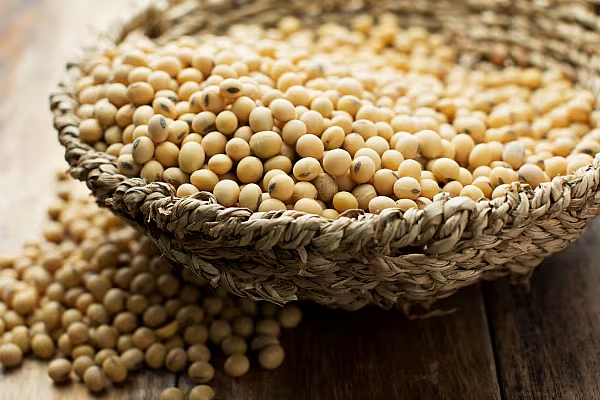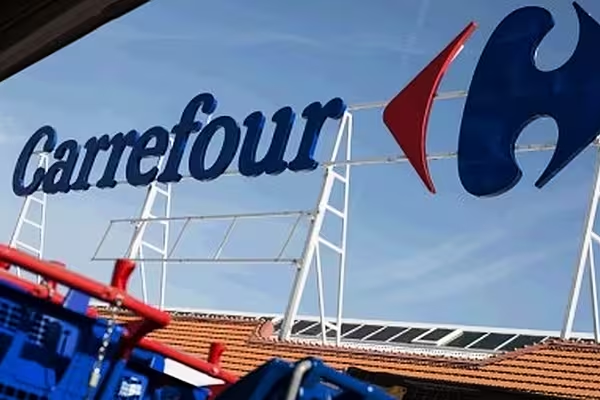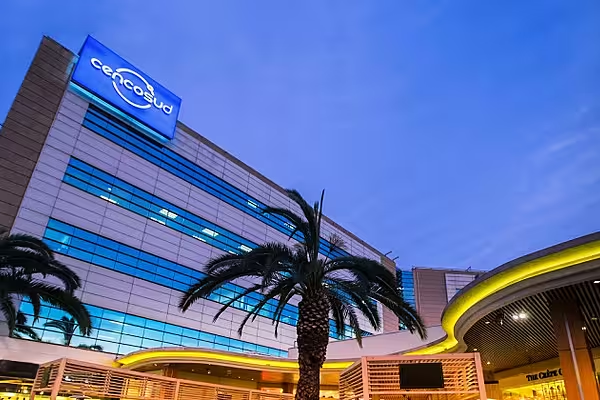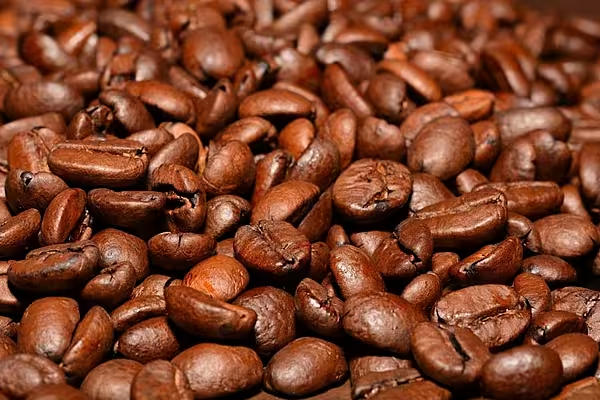The area planted with non-genetically modified soybeans in Brazil in the new season (2022/23) is expected to grow by 24%, at a much faster rate than that of the total area to be sown, according to a study by the Instituto Soja Livre (ISL), an industry group.
Farmers' intention to grow the non-GMO soy area will answer to higher demand from Europe, which partly gets its soy from India, a country that only plants conventional, or no-transgenic, beans.
The situation will lead to a sharp rise in premiums paid for Brazil's conventional soy, ISL said.
"The soy that India produces is all conventional, but sold to Europe without a premium...," ISL Director of International Relations Endrigo Dalcin told Reuters on Thursday. "Now, with the pandemic, India closed its borders for food exports and generated this extra demand (for Brazil)."
Non-GMO Soybeans
Non-GMO soybeans accounted for just 2% of the soy planted area in Brazil, the world's largest producer and exporter of the oilseed.
Brazil's total soybean area was almost 41 million hectares (101.3 million acres) in 2021/2022.
In the new season that will begin in September, the area planted with conventional soybeans is expected to reach almost 1 million hectares, compared with 793,000 hectares in 2021/2022, according to ISL.
Early Deals
Given the global fall in conventional soybean supplies, European buyers are already closing early deals with Brazilian farmers, paying premiums of up to $11 per 60-kilo bag, with an average of US$6/bag in Mato Grosso for soy to be produced in the next crop, Dalcin said.
"More and more Europeans are demanding milk from cows fed on conventional soy meal, eggs from chickens fed on conventional soy," he said.
In Germany, he said, there is growing movement for pig production to be made entirely using non-GMO grains.
Read More: Argentina Halts Export Registration For Soy Oil, Meal
News by Reuters, edited by ESM – your source for the latest supply chain news. Click subscribe to sign up to ESM: European Supermarket Magazine.











